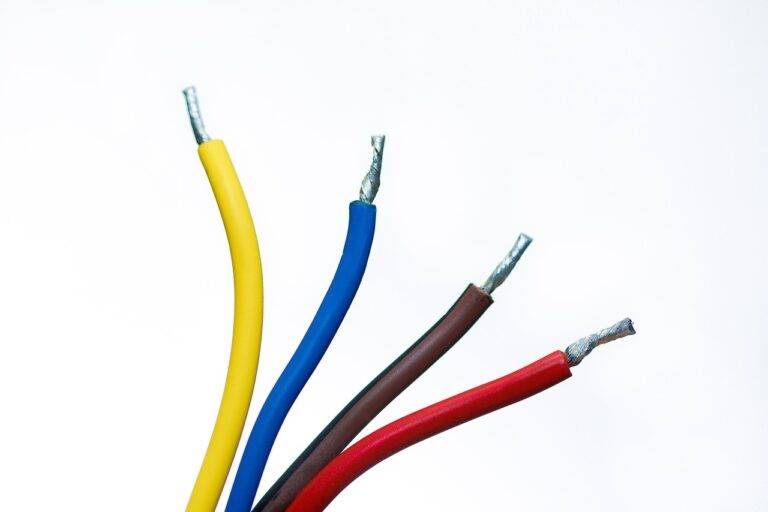E-Waste Management: Tech’s Responsibility in Environmental Conservation
Electronic waste, often referred to as e-waste, poses significant threats to the environment due to the presence of hazardous materials. When improperly disposed of in landfills, electronic devices release toxic chemicals such as lead, mercury, and cadmium into the soil and groundwater. These pollutants can contaminate the surrounding ecosystems, posing serious health risks to humans, wildlife, and vegetation.
Furthermore, the accumulation of electronic waste contributes to the depletion of natural resources. Electronic devices contain precious metals like gold, silver, and copper that are extracted from the earth during manufacturing. When e-waste is not recycled and instead ends up in landfills, these valuable resources go to waste, increasing the demand for mining and further depleting finite resources.
The Role of Technology Companies in E-Waste Management
In today’s digital age, technology companies play a crucial role in managing the escalating issue of electronic waste. As the demand for new gadgets and devices continues to soar, these companies have a responsibility to ensure that the disposal and recycling of obsolete electronics are carried out in an environmentally responsible manner. By implementing effective e-waste management strategies, technology companies can significantly reduce the negative impact of electronic waste on the environment.
One way in which technology companies contribute to e-waste management is by establishing take-back programs that allow consumers to return their old electronics for proper disposal or recycling. Through these initiatives, companies not only facilitate the recycling process but also raise awareness among consumers about the importance of responsible e-waste disposal. Additionally, technology companies often partner with certified recycling facilities to ensure that e-waste is processed in accordance with strict environmental regulations, further demonstrating their commitment to sustainability.
• Technology companies establish take-back programs for consumers to return old electronics
• Raise awareness about responsible e-waste disposal among consumers
• Partner with certified recycling facilities to ensure proper processing of e-waste
Challenges Faced in Proper Disposal of Electronic Waste
The improper disposal of electronic waste poses significant challenges in today’s world. One major obstacle is the lack of awareness among consumers about the importance of recycling e-waste responsibly. Many people are unaware of the environmental and health risks associated with dumping old electronics in landfills. Additionally, the rapid advancement of technology means that electronic devices are becoming obsolete at a faster pace, leading to a surge in e-waste that needs to be properly managed.
Another challenge in the proper disposal of electronic waste is the complex nature of e-waste recycling processes. Electronic devices contain a wide range of materials, including precious metals and hazardous substances. Disassembling and recycling these materials requires specialized knowledge and equipment, which can be costly and inaccessible to many recycling facilities. As a result, a significant amount of e-waste is still being disposed of improperly, contributing to environmental pollution and threats to human health.
Why is proper disposal of electronic waste important?
Proper disposal of electronic waste is important to prevent harmful chemicals and materials from leaching into the environment, which can have negative impacts on ecosystems and human health.
What are some common challenges faced in the proper disposal of electronic waste?
Some common challenges include lack of awareness about e-waste recycling options, improper disposal methods such as throwing electronics in the trash, and the high cost of recycling electronic devices.
How can technology companies help in managing e-waste?
Technology companies can help in managing e-waste by implementing take-back programs, promoting sustainable design practices, and investing in recycling infrastructure.
What can individuals do to properly dispose of electronic waste?
Individuals can properly dispose of electronic waste by recycling old electronics at designated e-waste recycling centers, donating working devices to those in need, and educating themselves about responsible e-waste disposal practices.





